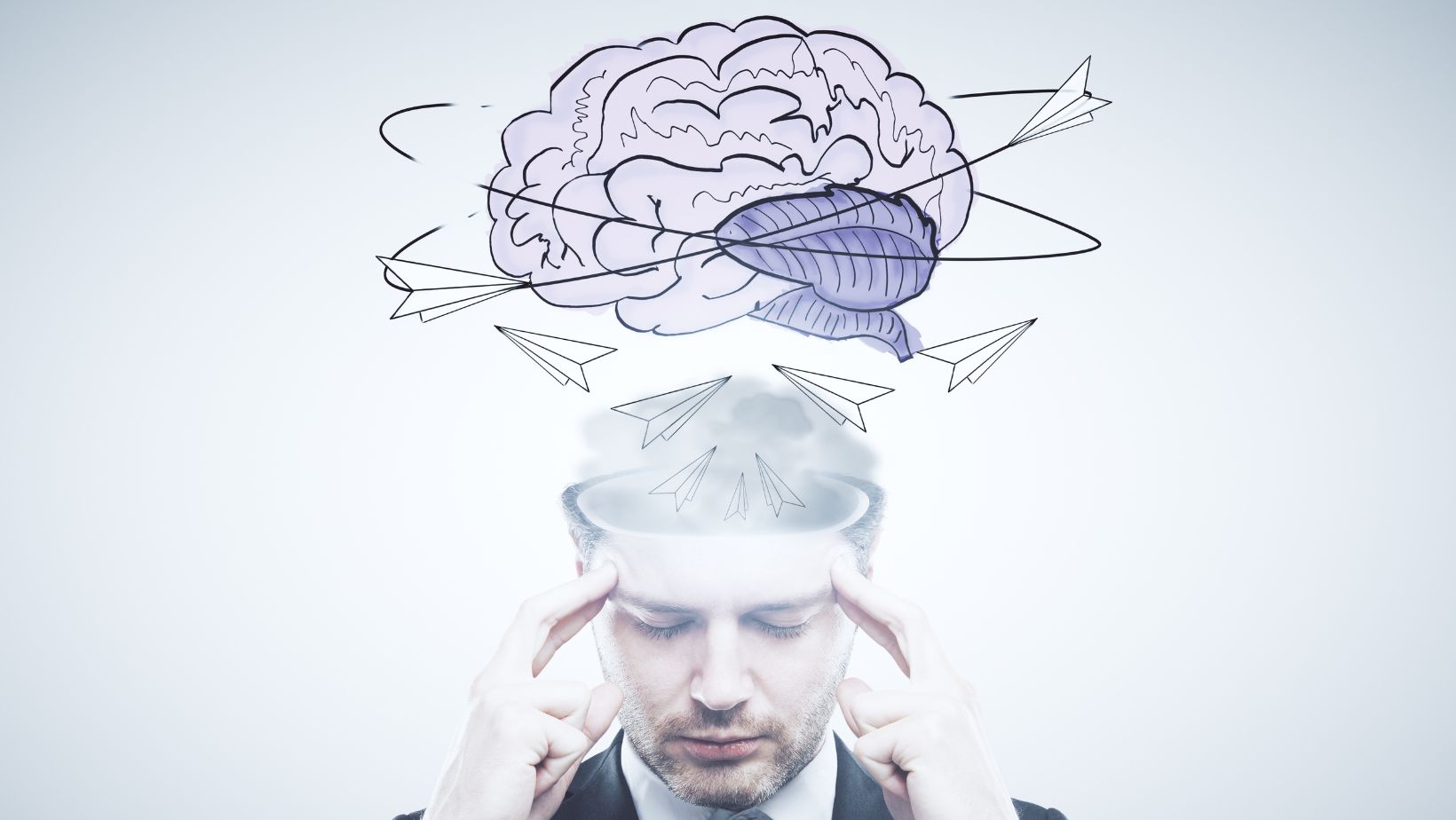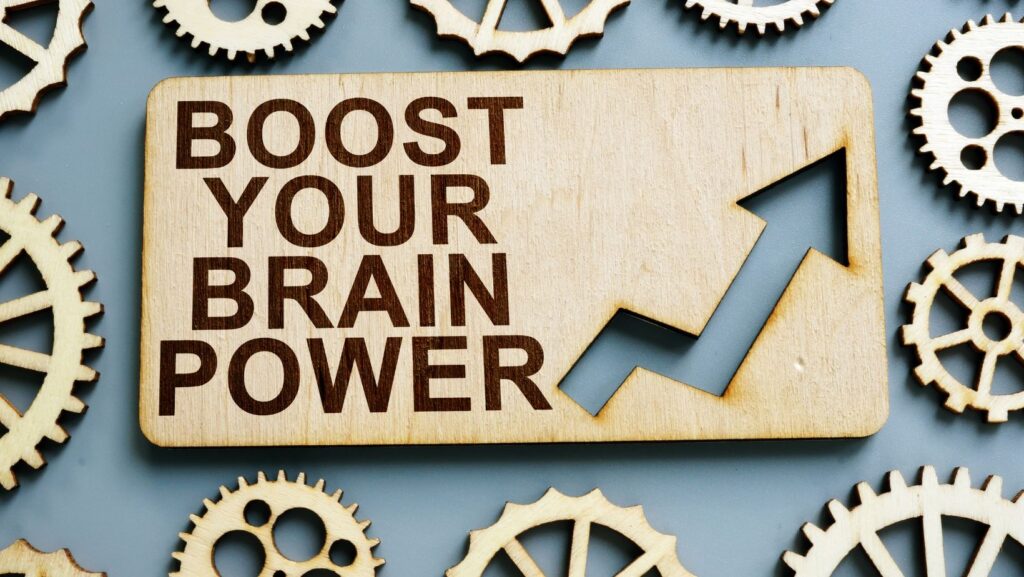In a world that prizes speed, precision, and focus, the quest to boost mental performance has never been more intense. From CEOs optimizing their morning routines to students seeking an edge during exams, the human brain has become the next frontier of performance enhancement.
This article dives deep into what science actually says about enhancing cognition. From lifestyle choices to nootropics and even cutting-edge brain tech, we’ll explore the tools, habits, and strategies that are backed by research and separate fact from fiction.
Understanding Mental Performance
When we talk about “mental performance,” we’re referring to several core cognitive functions: memory, attention, information processing, reasoning, creativity, and executive function. Each plays a distinct role in how we learn, solve problems, and respond to challenges.
What makes mental sharpness so critical isn’t just academic achievement or professional success. It’s about maintaining quality of life—making better decisions, sustaining mental health, and aging with grace. Scientists now know that the brain is highly adaptive. Through a process called neuroplasticity, it can forge new connections and even recover lost functions—if given the right inputs.
Lifestyle Habits That Enhance Brain Function
Several everyday habits play a powerful role in boosting cognitive performance.
Exercise stimulates the production of BDNF, a protein vital for learning and memory. Cardio improves focus and processing speed, while resistance training can lift mood and enhance working memory.
Sleep is critical for memory consolidation and brain detox. Skimping on rest, even slightly, dulls concentration and problem-solving. Aim for consistent, high-quality sleep to protect cognitive health.
Nutrition fuels brainpower. Diets rich in omega-3s, antioxidants, and whole foods—like fish, nuts, and greens—support cognition, while sugary, processed foods contribute to mental decline.
Mindfulness and meditation reduce stress and sharpen attention. Just 10 minutes a day can boost emotional regulation and help maintain long-term brain health.
Cognitive Training and Mental Workouts
Not all brain-training apps are created equal. While some claims have been overblown, certain cognitive exercises do improve specific skills. For instance, working memory can be improved through targeted, adaptive challenges.

Beyond apps, real-world activities like learning a new language, playing a musical instrument, or even tackling unfamiliar puzzles can boost neuroplasticity. These types of challenges engage multiple brain regions and help keep cognitive faculties sharp.
The Role of Technology
This technique uses real-time displays of brain activity—often via EEG—to teach self-regulation. Studies suggest neurofeedback can enhance focus and reduce symptoms of ADHD, though results vary widely, and more research is needed for definitive conclusions.
Brain Stimulation Tools
Transcranial Direct Current Stimulation (tDCS) and Transcranial Magnetic Stimulation (TMS) are non-invasive methods of stimulating the brain. These tools show promise for enhancing attention, memory, and mood, especially in clinical populations. However, their use outside of medical contexts remains controversial and should be approached with caution.
Cognitive Trackers
Wearable EEG devices and focus-monitoring apps aim to quantify mental performance. While the technology is improving, it’s still in the early stages of delivering actionable insights for most users.
Using Nootropics for Mental Performance
Nootropics—substances that claim to improve cognitive function—have surged in popularity in recent years. These include both natural supplements and pharmaceutical agents.
The term “nootropic” originally referred to compounds that enhance learning and memory with few side effects. Today, it encompasses everything from caffeine to synthetic drugs. They are typically categorized as:
- Natural: Herbs and nutrients like Bacopa monnieri, Rhodiola rosea, and Lion’s Mane.
- Synthetic: Prescription drugs like Modafinil or Adderall, which are used off-label for cognitive enhancement.
Adderall, in particular, is one of the most widely recognized medications for ADHD. While some individuals misuse it as a performance enhancer, for those with a legitimate ADHD diagnosis, it can significantly improve focus, attention, and executive function. If you’re considering this route, it’s crucial to work with a licensed professional. Many people now begin with a free adhd test to better understand their symptoms before seeking safe, legal evaluations and prescriptions.
Popular Compounds
- Caffeine + L-theanine: A classic combo that provides alertness without the jitteriness.
- Bacopa monnieri: An herb shown to improve memory with long-term use.
- Rhodiola rosea: May reduce fatigue and improve mood.
- Creatine: Known for physical performance, but also supports short-term memory and intelligence.
When considering supplementation, it’s best to stick with evidence-based brain supplements for performance that have been rigorously tested and clinically reviewed.
The Science of Flow States
Flow—the mental state of being fully absorbed in an activity—is one of the most potent expressions of peak cognitive performance. It’s marked by intense concentration, a loss of self-awareness, and a warped sense of time where hours can pass in what feels like minutes.
Researchers have pinpointed the brain’s prefrontal cortex, along with a surge of neurochemicals like dopamine and norepinephrine, as key players in achieving this state. Entering flow often requires tasks that strike a delicate balance: they must be challenging enough to demand full engagement but not so difficult as to cause frustration. Minimizing distractions and setting clear, immediate goals also helps the brain lock into this focused mode.
Practices such as “deep work,” a concept championed by author Cal Newport, are specifically designed to foster flow by creating structured periods of uninterrupted, high-value concentration.
Conclusion
Boosting mental performance isn’t about a single miracle pill—it’s a multifaceted journey. Exercise, sleep, nutrition, and mindfulness lay the foundation. Cognitive training and flow states push performance further. And yes, nootropics and technology offer intriguing possibilities, especially when grounded in evidence.
The takeaway? Sustainable brain performance comes from balance, not obsession. As science continues to unlock the secrets of the mind, the smartest strategy may still be the simplest: take care of your brain, and it will take care of you.

